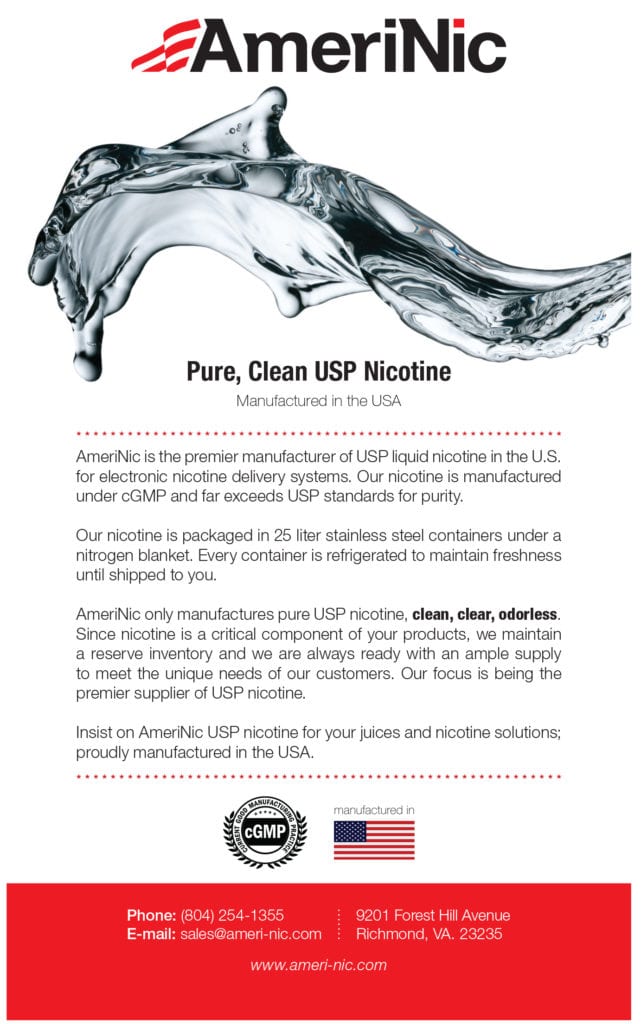The Next Generation
- This Issue
- November 2, 2022
- 11 minutes read
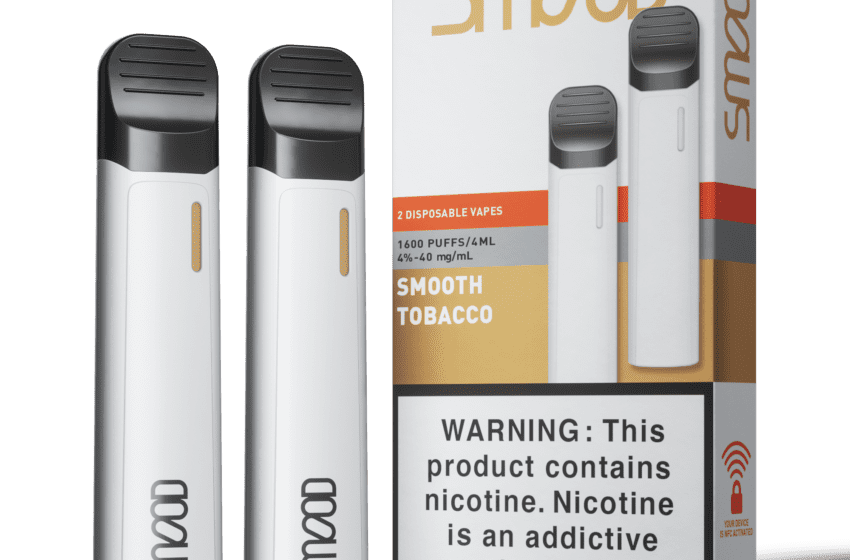
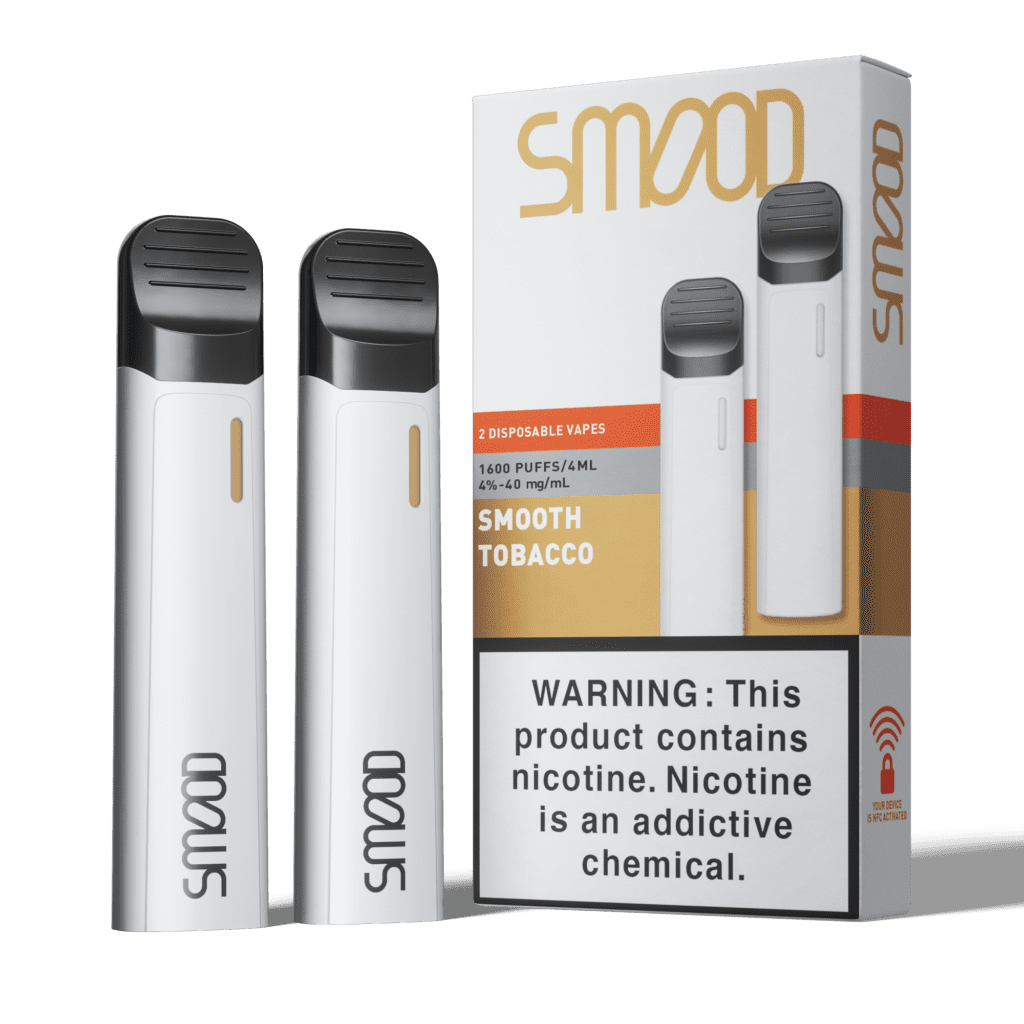
The SKYX Group is taking a three-pronged approach to electronic nicotine-delivery systems.
By Maria Verven
The global crisis of 8 million tobacco-related deaths every year and 1 billion projected deaths this century may be prevented by electronic nicotine-delivery systems, improved pharmaceutical nicotine-replacement therapies and tobacco-free nicotine, among other science-based innovations.
Kylie Halperin is CEO and co-founder of SKYX Group, a two-year-old company based in New York City that’s working at the intersection of all three concepts. SKYX Group is a consumer hardware and biotechnology company that’s designing and manufacturing inhalable devices.
The company currently makes consumer devices for the U.S. and European markets and has submitted premarket tobacco product applications (PMTAs) with the U.S. Food and Drug Administration. The company’s R&D portfolio includes devices serving both the pharmaceutical and biotech industries for the inhalation of various active ingredients.
Halperin co-founded SKYX Group after spending over a decade with leading advertising and marketing firms representing Fortune 500 consumer product companies such as PepsiCo, Dell Revlon and Colgate. In her role with SKYX Group, Halperin is helping create the company’s strategic vision and portfolio positioning and taking a lead role in managing wholesale relationships with major retailers.
She spoke with Vapor Voice about what SKYX Group is doing to create the next generation of inhalable drug-delivery systems.
Vapor Voice: What compelled you to co-found SKYX Group?
Halperin: For me, the story is personal. My father had Parkinson’s disease, and in 2019, it became too hard for him to take his pills. I wished we had access to simple aerosolization devices so he could take his medications.
Other members in my family have been lifelong smokers. My brother smoked a pack a day for over 20 years and couldn’t kick the habit despite trying every alternative: gums, patches, lozenges, different pod systems, pouches—you name it. If our product could help just one person transition from combustible cigarettes, I would consider it a success story.
I co-founded SKYX Group with Martin Steinbauer, a Harvard graduate in applied mathematics and former investment analyst at BlackRock in New York. He handles our engineering and tech-focused initiatives in medical inhalable devices and aerosolization technology. An entrepreneur, investor and inventor, Steinbauer co-founded the tobacco-free nicotine vaporizer company SMOOD, which has grown into a global vaping business built on advanced chemistry, patent-protected hardware and sustainability.
Thanks to our tobacco-flavored SMOOD, my brother has been cigarette-free for over two years. So, there’s a much better chance he can stick around for his children for a long, long time.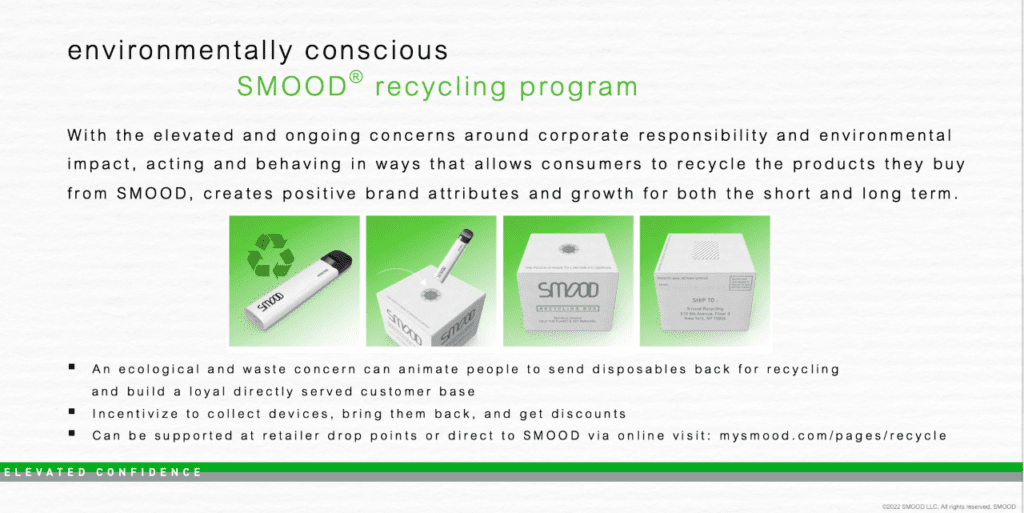
What are the key differentiators in your product, and what factors do you think will contribute to SKYX’s success?
There are several consumer-facing subsidiaries in the U.S. and European markets for different market segments. So, it was important that our synthetic nicotine vaporizer—SMOOD—was both affordable and approachable. Our target audience is consumers who are former cigarette smokers with an average age of 39 years.
SMOODoffers a cleaner, smoother nicotine experience without tobacco. A consumer vaporizer company built with advanced technology and sustainability programs, SMOOD was developed by MIT and Harvard medical engineers. We are excited about transforming the vaping sector by focusing on quality control, safety and reliability. SMOOD satisfies consumer preferences in nicotine delivery, vapor intensity and aroma.
The SMOOD nicotine line was built after studying existing products and devices in both the consumer and medical inhaler markets. We examined consumer packaged goods in the cosmetics and coffee markets as well as aerosol-delivery devices in the medical industry. As a consumer product, we designed it to offer a sensation and taste to what consumers are familiar with in their daily smoking rituals.
We also wanted it to be affordable and competitively priced with a pack of cigarettes: one pack of SMOOD is $8.99; two packs are $16.99. One SMOOD (40 mg/2 mL) provides roughly the same amount of nicotine as two packs of cigarettes.
In our mission to provide reduced-risk products to combustible cigarette smokers, we were an early adopter of synthetic nicotine for its purity and absence of minor tobacco alkaloids. Tobacco manufacturing contributes 84 million metric tons of CO2 emissions each year. Since it’s made in the lab and manufactured according to pharmaceutical standards, synthetic nicotine eliminates the vast majority of those emissions.
Last but not least, we created SMOOD to be sustainable and environmentally conscious; the vast majority (94 percent) of SMOOD devices can be upcycled. We used a cradle-to-grave approach, designing the product with its end of life in mind and offering a simple collection and true reuse of electronic waste.
Although it’s disposable, which we know has environmental concerns (see “What a Waste,” Vapor Voice Issue 4, 2022), we found a way to upcycle the device plastics into building materials and upcycle the battery components into new batteries. This is very important to us as we roll out a recycling structure in the greater U.S.
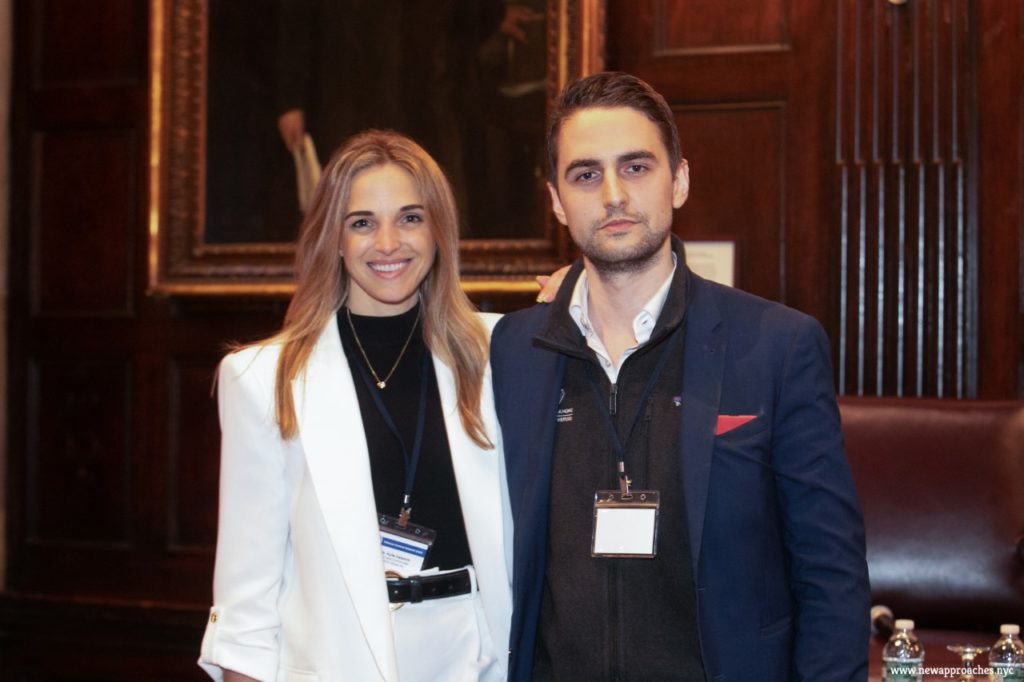
What are your primary markets, and how will the company distribute and market its products?
While there are synergies between the pharmaceutical and consumer markets for drug delivery systems, consumers will choose a product on its own merits in the retail market. That’s why we are focused on safety, familiarity, affordability and sustainability.
We work with full-service distribution partners in the U.S. and Europe that service single to multi-store retail channels, such as convenience stores and gas stations.
We want to work with retail partners who want to learn more and work with us to place recycling boxes for us to collect. Plus, we want to expand this important call to action to other industry players to work together to proactively combat this issue and build a responsible and sustainable future.
What’s on the horizon for SKYX?
We are excited about protecting public health through quality engineering and smart devices.
On the growth side of the consumer business, we’re growing our distribution footprint in the U.S. and Europe. Thanks to the great feedback we’ve received from consumers and retail partners, we are developing other new and innovative products that offer an effective and viable alternative to combustible cigarettes.
On the R&D side, we’re spending a lot of time on the pharmaceutical side of aerosolization technology—e.g., how existing medications that are inhaled can be better administered through a more suitable delivery system. What would it take to make medications that are taken orally currently a great candidate for inhalation?
On the consumer side, our goal is for SMOOD vaporizers to be approved by the MHRA [Medicines and Healthcare products Regulatory Agency] and ultimately prescribed by British physicians for smoking cessation.
We have submitted our PMTA along with excellent HPHC (harmful and potentially harmful constituents) data to the FDA. SMOOD has garnered intellectual property such as patents on hardware, chemical formulations, age/user verification, IoT [Internet of Things]-enabled devices, supply chain optimization and recycling.
Our team members all have diverse skill sets, and we are dedicated to making a public health impact. But our work has just begun.
In addition to providing an alternative to combustion cigarettes, we’re excited to use similar technologies to create the next generation of inhalable drug-delivery systems for optimized medication delivery.
